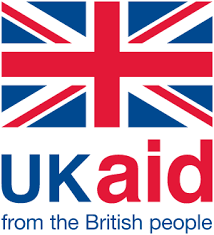Community / Land projects / Greener Tanzania through climate resilient livelihoods and land use management
Greener Tanzania through climate resilient livelihoods and land use management

€0
01/23 - 12/23
Concluído
This project is part of
Implementing Organisations
Donors
Data Providers
General
The project supports three organizations in Arusha region in Tanzania in their process to lift their members? climate resilience and green economy aiming at giving them a more prominent role in climate action. This contributes to climate justice since this focus group's need to prepare for climate change has been negleted before. The organizations will receive support to strengthen their capacity to manage climate planning, its implementation and finally advocate for climate funding, which will enable a larger outreach. In the project area, the population is predominantly from indigenous tribes (Maasai) and thus, it strengthens the position of vulnerable people. The project activities will focus on two outcome areas: i) strengthening the organizations and the services their provide for their members for climate resilience inclusively and ii) strengthening their members' livelihoods in green transition. Climate change impacts already smallholders and their livelihoods. The project facilitates the organizations policy advocacy for climate action based on fair, transparent and inclusive decision making. The project strengthens organizations' capacity according to their members? needs for climate resilience. Activities cover competence building and climate priority mapping which create a foundation for green livelihoods. Awareness raising activities target both the community level but also larger public. Land rights for communities are critical and thus rights-based activities focus on clarifying lands governed through customary right of occupancy. A special attention will be given to women through Women? Rights and Leadership Forums. Some basic equipment required for water management and energy efficiency are provided for the poor households to reduce time needed for water fetching and reduce the need for fuel. Disabled person have a separate budget for actions they consider priorities but activities with disabled start with awareness raising on their rights and possibilities. The project will be implemented in a coordinated manner with Trias-Tanzania, and is part of FFD's climate action.



